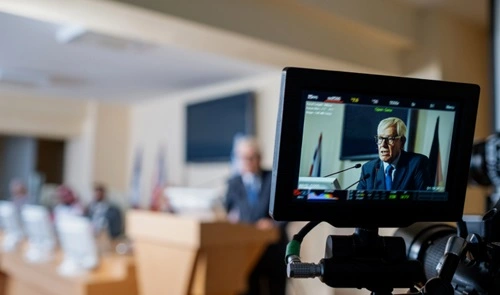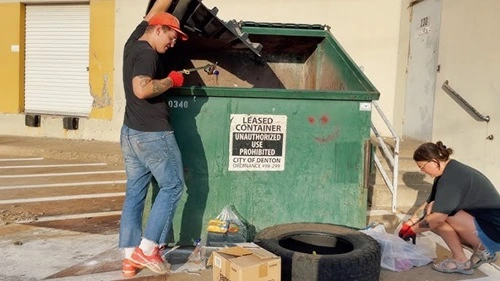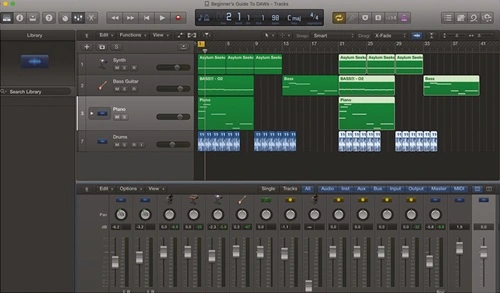No, it is not illegal to record a conversation in New York if you are a participant in the conversation. New York is a one-party consent state, meaning that only one party involved in the conversation needs to consent to the recording. However, secretly recording a conversation you are not a part of, or doing so in violation of privacy laws, is illegal and can result in criminal and civil penalties.
Understanding New York’s Recording Laws
New York’s recording laws are governed by New York Penal Law Section 250.00 and federal wiretapping statutes. The laws allow for recording conversations under specific conditions and emphasize privacy protections.
1. One-Party Consent
- If you are participating in the conversation, you can legally record it without informing the other participants.
- If you are not part of the conversation, recording it is considered illegal wiretapping or eavesdropping.
2. Confidential Conversations
The law primarily applies to private or confidential conversations, where participants have a reasonable expectation of privacy. Recording a conversation in a public space where privacy is not expected (e.g., a loud discussion in a park) may not violate the law.
3. Technological Applications
The law applies to various recording methods, including:
- Phone calls.
- In-person conversations.
- Electronic communications, such as video conferencing with audio.
Penalties for Illegal Recording in New York
Recording a conversation without proper consent can lead to severe consequences, including criminal charges and civil lawsuits.
1. Criminal Penalties
- Eavesdropping Charges: Unlawfully recording a conversation is a Class E felony in New York, punishable by up to 4 years in prison.
- Additional Offenses: Using the recording to blackmail or harm another person can lead to additional charges.
2. Civil Liability
- Victims of illegal recordings can sue for damages, including:
- Statutory Damages: Up to $5,000 per violation.
- Injunctive Relief: To prevent further unauthorized recordings.
Exceptions to the Rule
1. Law Enforcement
Police officers and other law enforcement officials can record conversations without consent if authorized by a warrant or under exigent circumstances.
2. Public Conversations
If the conversation occurs in a public setting where there is no reasonable expectation of privacy, recording it may not require consent.
3. Workplace Monitoring
Employers in New York may monitor communications, such as phone calls or emails, on company-owned equipment if they provide notice or obtain consent.
Recent Legal Developments in New York
1. Workplace Privacy Protections
Recent updates to New York law require employers to notify employees if they intend to monitor workplace communications, ensuring greater transparency.
2. Increased Litigation
New York courts have seen a rise in cases involving illegal recordings in personal and professional settings. These cases often address privacy violations and misuse of recorded material.
3. Digital Privacy
As smart devices and social media continue to grow in popularity, New York lawmakers are examining ways to adapt recording laws to address unauthorized recordings shared online.
How to Record Conversations Legally in New York
- Participate in the Conversation: Ensure you are directly involved in the discussion you are recording.
- Obtain Consent if Necessary: When in doubt, seek explicit consent from all parties.
- Avoid Recording in Secret: Avoid using hidden devices to record conversations without knowledge or consent.
- Understand the Context: Ensure the conversation does not occur in a setting where privacy is expected.
Related FAQs
Q1. Can I record a phone call in New York without the other person knowing?
Ans: Yes, as long as you are a participant in the phone call, you can legally record it without informing the other person.
Q2. Is it illegal to record a conversation I am not part of?
Ans: Yes, recording a conversation you are not involved in is considered eavesdropping and is a felony in New York.
Q3. Can my employer record workplace conversations?
Ans: Employers can monitor workplace conversations if employees are notified in advance or consent to the monitoring.
Q4. What happens if someone records me without my consent?
Ans: If the recording violates New York law, you can file a criminal complaint or pursue a civil lawsuit for damages.
Q5. Are there exceptions for recording public officials or public meetings?
Ans: Public meetings and conversations involving public officials in non-private settings are generally not protected under privacy laws, so recording is often legal.


